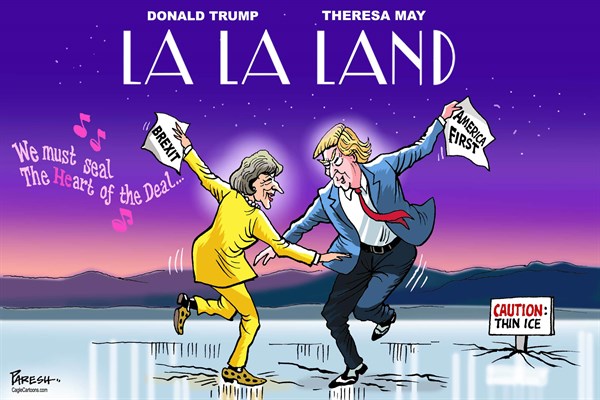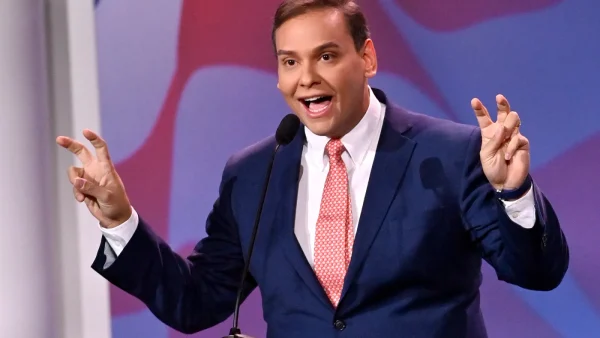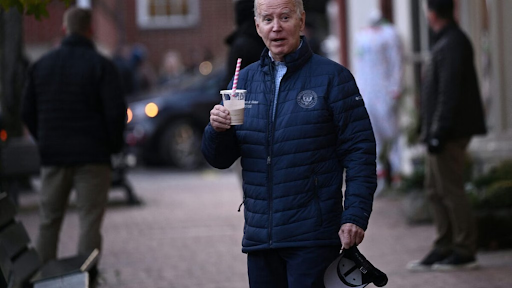A Tale of Two Nations: Examining Polarization in the US and the UK

In the past few years, the term “polarization” has become a bit of a political buzzword, and for good reason. Numerous analysts have cited the deepening divisions between political parties in the United States. The strip of carpet along the aisle has become an abyss, and carves itself deeper with each passing day and news report. The current presidential administration has both faced and carried out hard-line decisions for issues that agreeably boil down to political tension. Meanwhile, across the pond, the United Kingdom continues to experience one of the most tense eras of polarization in its modern history. While many Americans feel that our government faces more demanding issues than the UK across the sea, and vice versa, parallels can easily be drawn between the two nations in present day.
On New Year’s Eve, Elizabeth Warren (D-MA) became the first contender of the 2020 presidential race, and since then, over twenty more senators, speakers, and CEO’s have joined in. The United States has never witnessed a wider variety of candidates, ranging from returning presidential hopefuls like 77-year-old Senator Bernie Sanders (D-VT) to 37-year-old Mayor Pete Buttigieg (D-IN). It’s only the spring of 2019, but the contenders have already realized the crucial importance of building a unique foundation for their campaign. With such a spectrum of candidates, many have begun crafting their core campaign platform as a precursor to an identifying slogan or cause.
But frankly, candidates face a difficult task while attempting to create an individual platform. Politicians like Sen. Bernie Sanders have already constructed their campaign; he has chosen to continue his notorious pursuit of “Medicare for All.” But newer candidates have essentially battled it out with other politicians in hopes of becoming a top contender or “household name.” Our presidential hopefuls have chosen hard-line stances for issues they feel they can secure credibility with. In the midst of rallies, speeches, and good intentions, the wacky races that are the 2020 presidential campaigns have become a place for America’s polarization to run free.
One article from Politico claims that first-year senator Beto O’Rourke (D-TX) will suffer in the election because he hasn’t secured any signature issue yet. Another piece from Reuters explains that early polls demonstrate how long-time senator Warren (D-MA) many not be able to overcome the popularity of other candidates. One piece from the New York Times casts doubt that a woman could cinch the 2020 election, while another article from the Washington Post says that a female’s win is nearly certain. On every front, the presidential hopefuls have a wide variety of young, old, male, and female. And in the midst of developing their individual campaign stances, most of them have forgotten the key to the 2020 ballot boxes: the centrist vote.
Terms like “building a wall,” “gun control,” “climate change,” and “abortion,” likely conjure a personal opinion in your mind immediately. These are just a few of the most contentious issues of our day. Many 2020 candidates have only fanned the fire of American polarization by declaring a firm stance on these issues in an effort to establish reputation and popularity. Hence, the centrist vote has been lost in each candidates’ effort to establish credibility with a few contentious issues. But Americans have had their ears open for the candidates’ opinions on health care, gun control, child care, and other topics. If any American chooses to support a candidate simply because of their firm beliefs over a single issue, room for conversation with fellow Americans becomes eliminated. Rather than a discussion of each candidate as a profile of opinions and strengths, our 2020 race becomes a tense battle over certain issues. The race for 2020 has become more of an internal dogfight over political beliefs than a conversation about best route to a secure future for our nation, and it has left us more polarized than ever.
On the other side of the Atlantic, the UK has experienced what one speaker on BBC Radio named the most intense phase of political upheaval since the Suez Crisis of 1956. Brexit has reappeared in the news headlines for EU citizens time and time again in 2019. The House of Commons has voted thrice on the issue, and each vote has been subject to massive defeat. Prime Minister Theresa May has been unable to bring consensus to the table, and every effort to create peace in Parliament has not met success. While the first vote of 2019 was hoped to be passed back in January, Brexit has only been drawn out further and further since. Britain was scheduled to leave the EU on March 29, which was moved until April, and now has been extended until Halloween of this year. Theresa May announced that she will resign on June 7, and her successor may only usher more conflict over Brexit.
The recently created Brexit Party has gained over 15% popularity in Britain, an enormously impressive statistic for a new party. EU Parliament elections, which occurred just last month, met heated debates about the state of Britain and their relationship with the rest of Europe. The people of the UK have become increasingly impatient over the issue, and it seems that their protests will continue throughout the summer and into the fall before the next vote. Rather than a nationalistic effort to reaffirm their global reputation away from the EU, Brexit has cut the UK apart domestically in every which way. It has become a sort of internal diplomatic civil war where the polarized political parties conflict amongst themselves, amongst each other, and against the now former PM Theresa May. Each day seems to slice fresh wounds to the thought of a peace agreement, and passing a deal sounds more idealistic than ever.
On many fronts, the US and the UK currently experience phases of tangible political tension. Both nations also face times of change; America witnesses historic presidential campaigns for 2020 and the fight over Brexit continues to redefine the global identity of the UK. The results of the 2020 election will largely demonstrate America’s success or failure at combating political polarization, as will the outcome of the Brexit vote next fall.














